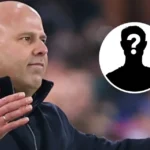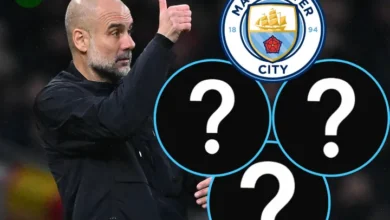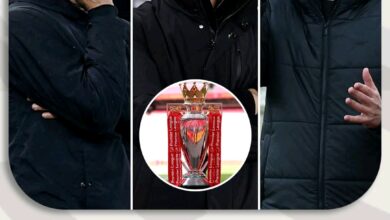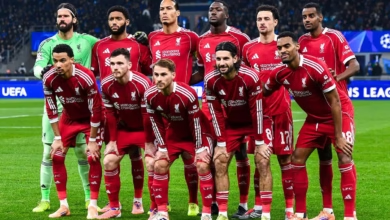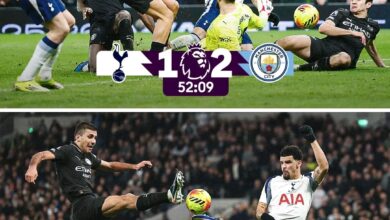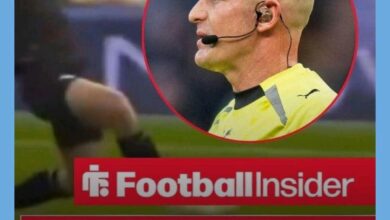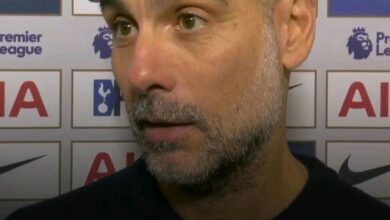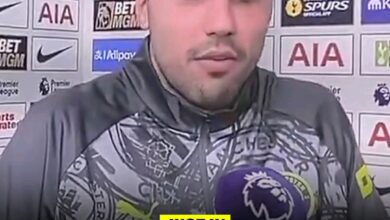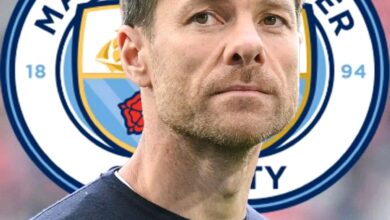Madueke madness, Rodrygo raid, defender deal – Arsenal transfer priority after Viktor Gyokeres
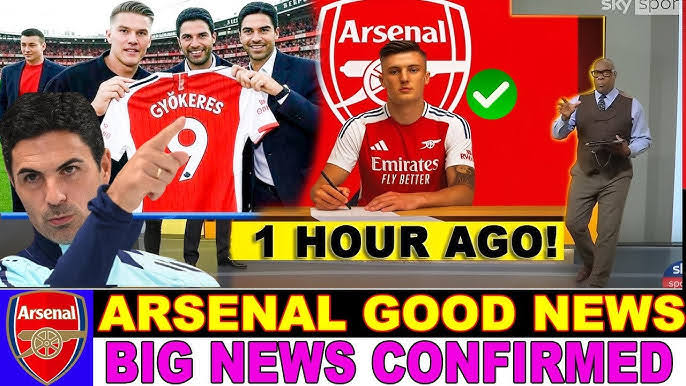
Arsenal fans all over the world woke up to big news. The long and sometimes frustrating summer transfer window was finally starting to heat up, and the Gunners were on the verge of sealing the signing of Viktor Gyökeres from Sporting CP. This Swedish striker had been at the top of Arsenal’s list for months. The story was not just about one player, though. Arsenal supporters were dreaming of a team that could finally win the Premier League after so many years of waiting. They were dreaming of nights at the Emirates filled with noise, hope, and victory.
For a long time, Arsenal had been linked to Gyökeres. The Sporting striker was scoring goals for fun in Portugal. He was strong, quick, good with the ball at his feet, and clinical in front of goal. Arsenal manager Mikel Arteta had made it clear to the board that he wanted a reliable goalscorer to share the burden with Gabriel Jesus, Eddie Nketiah, and Kai Havertz. He wanted someone who could change games on his own, someone who could take Arsenal to the next level.
Negotiations with Sporting CP were not easy. Sporting’s president wanted top money. They argued about the release clause, about payment terms, about add-ons. Arsenal fans watched social media updates every day. Some were confident, others were nervous. Many felt the deal would fall apart. But in early July, the news came: Arsenal had made a breakthrough. Personal terms were all but agreed. Sporting was softening. A final fee was close. Gyökeres was close.
But for Arsenal’s decision-makers, the question was: What next? They knew they could not stop at Gyökeres. This squad was good, but it needed more. Arsenal had pushed Manchester City last season, finishing second again after leading the table for months. The pain of falling short was still there. Arteta was clear: Arsenal had to be better, stronger, deeper.
Earlier in the window, Arsenal had moved quietly. In June, the so-called ‘mini-window’ passed with no signings. Fans worried. Rumors came and went. Then in July, it all changed. The first signing was Kepa Arrizabalaga from Chelsea. He wasn’t everyone’s favorite name, but he brought experience. He had been on loan at Bournemouth, surprising many with strong performances. Bournemouth had fought for a European spot, and Kepa was a big part of that.
The £5m release clause made it a cheap, low-risk deal. Arsenal needed competition for David Raya. Ramsdale’s future was uncertain. Kepa was a Spanish international, used to big games, and comfortable with the ball at his feet. Arteta wanted his keepers to play from the back, stay calm under pressure, and help the team keep possession.
After Kepa came another Spaniard: Martin Zubimendi. Arsenal had wanted him for more than a year. Last summer, Real Sociedad said no. In January, Liverpool tried but couldn’t get him. Arsenal waited, worked behind the scenes, and finally got their man. Zubimendi was 26, in his prime, intelligent, disciplined. He could play the number 6 role that Declan Rice sometimes filled, or work alongside him. Arsenal wanted to dominate games, control midfield, choke opponents’ attacks before they started. Zubimendi was perfect for that.
So now, with Kepa and Zubimendi done, Gyökeres was set to become the third signing. The squad was taking shape. But even as Edu and the recruitment team celebrated small wins, they knew they had no time to rest. Arsenal fans had bigger expectations. The manager had bigger demands.
One possibility was Noni Madueke from Chelsea. Young, English, fast, tricky. Arsenal’s attack was strong, but lacked real width at times. Bukayo Saka was one of the best right wingers in the world, but he played too many games. He was exhausted at the end of last season. Arteta needed options, rotations, insurance. Madueke wasn’t always consistent, but he had enormous potential. Chelsea were in selling mode. They had to balance the books. Madueke might be available for the right price. But was he the right player? Some fans were not sure. He liked to dribble, to show off, but did he have end product? Would he be happy as a backup? Or would he sulk when Saka played every big game? Arteta demanded total commitment. Madueke was talented, but could he be trusted?
Then there was Rodrygo. That name made everyone dream. Real Madrid’s Brazilian star, a Champions League winner, versatile, quick, technical. Arsenal fans could imagine Rodrygo in red and white, cutting inside, scoring, creating. The problem was obvious: price. Real Madrid would not sell cheap. Rodrygo was a starter. He was supposed to help replace Mbappé, who Madrid had just signed. But rumors suggested Rodrygo was unsettled. Maybe he didn’t want to play second fiddle. Maybe he wanted a new challenge. Arsenal had money. Not endless money like City or Newcastle, but money. They had saved for this summer. They could stretch to one or two more big signings if they sold well. Could they go for Rodrygo? Was it even realistic? Some said yes. Others said no. But Arsenal were asking the question internally. Edu had contacts in Madrid. Arteta was a respected manager in Spain. Anything was possible in football.
Another name on the table was Cristhian Mosquera. Not as famous, but important. The 19-year-old Valencia centre-back was one of Spain’s biggest defensive prospects. Arsenal needed cover. William Saliba was world class, but behind him, there were doubts. Gabriel Magalhães was solid but needed competition. Jakub Kiwior was good but not fully trusted. Ben White could cover but was needed at right-back. Arsenal needed a defender for the future, someone who could learn now and dominate later. Mosquera was strong, quick, mature for his age. Valencia needed money. The price was not crazy. Arsenal were watching.
For the Arsenal board, it was a delicate balance. They could not just buy stars for fun. They had to follow Financial Fair Play. They had to think about salaries, resale value, squad balance. Arteta wanted a tight, hungry group, not a bloated squad full of unhappy players. And then there were outgoings. Arsenal could not keep everyone. Some players had to go. Emile Smith Rowe, a fan favorite, had struggled with injuries and form. He wanted minutes. West Ham, Fulham, Crystal Palace were interested. Could Arsenal sell for £30m? Would that help fund a new signing?
Eddie Nketiah was another name. A loyal Hale End graduate, but was he good enough to be a backup if Gyökeres arrived? Crystal Palace wanted him. Everton too. Arsenal might cash in. Then there was Ramsdale. The goalkeeper had lost his spot to Raya. Now with Kepa arriving, would Ramsdale want to stay? He was an England international. He wanted to play. Arsenal might get £40m. Chelsea, Newcastle, even Wolves were watching.
Thomas Partey was also a question mark. Injured too often. Big salary. Juventus and clubs in Saudi Arabia were interested. Arsenal might move on. Reiss Nelson was another. Promised a big future but hadn’t delivered. He signed a new deal last year but barely played. Could Arsenal sell for £20m?
And so the plan was complicated. Arsenal needed money from sales to make big buys. Edu and Arteta worked day and night, talking to agents, to other clubs, to players. They also had to think of the future. Charlie Patino, on loan last year, was ready to leave. Could they get £10m? Brooke Norton-Cuffy was attracting interest. Could they include him in a deal?
Arsenal’s model was clear. Buy smart. Sell smart. Grow sustainably. But the pressure was real. Manchester City would not slow down. Liverpool were rebuilding under Arne Slot. Chelsea were buying again. Manchester United had a new sporting director and dreams of a new era. Tottenham were ambitious under Ange Postecoglou. Arsenal needed to keep up. They had no time to waste. As Viktor Gyökeres prepared for his medical, Arsenal fans debated. Who should be next?
Some said Madueke was perfect. Homegrown, young, resale value. Others said Rodrygo was too good to ignore. A true world star. Some said forget attackers and buy Mosquera. Fix the defense.
Arteta and Edu knew they had to get it right. One bad buy could cost them the title. One good buy could win it. They also watched the academy. Ethan Nwaneri was signing a new deal. Myles Lewis-Skelly too. These kids were talented but too young to rely on fully. Arsenal wanted to protect them, develop them slowly.
Pre-season was around the corner. The US tour would bring tough games, big crowds, a chance to test new players. Arteta wanted his squad ready. He didn’t want last-minute deals in late August. He wanted them in now. But life wasn’t that easy. Negotiations took time. Agents demanded fees. Players asked for guarantees. Clubs haggled over fees.
Arsenal’s recruitment team, with Edu at the top, worked the phones day and night. They called Sporting to close Gyökeres. They spoke to Valencia about Mosquera. They monitored Madrid for any sign Rodrygo might push to leave. Inside the Emirates, the mood was tense but excited. Staffers whispered about new signings. Players texted friends about rumors. Fans posted mock-ups of new kits with Rodrygo on the back.
Arteta, focused as always, told his players: Don’t listen to noise. Work hard. Improve. The season would be brutal. The Champions League demanded respect. The Premier League was a war. Arsenal knew they were close. So close. Last season they lost the title by inches. A draw here, a late goal there, a mistake under pressure. Arteta studied those moments. He told Edu: We need killers. Players who don’t blink. Who score when it matters. Who defend with their lives.


